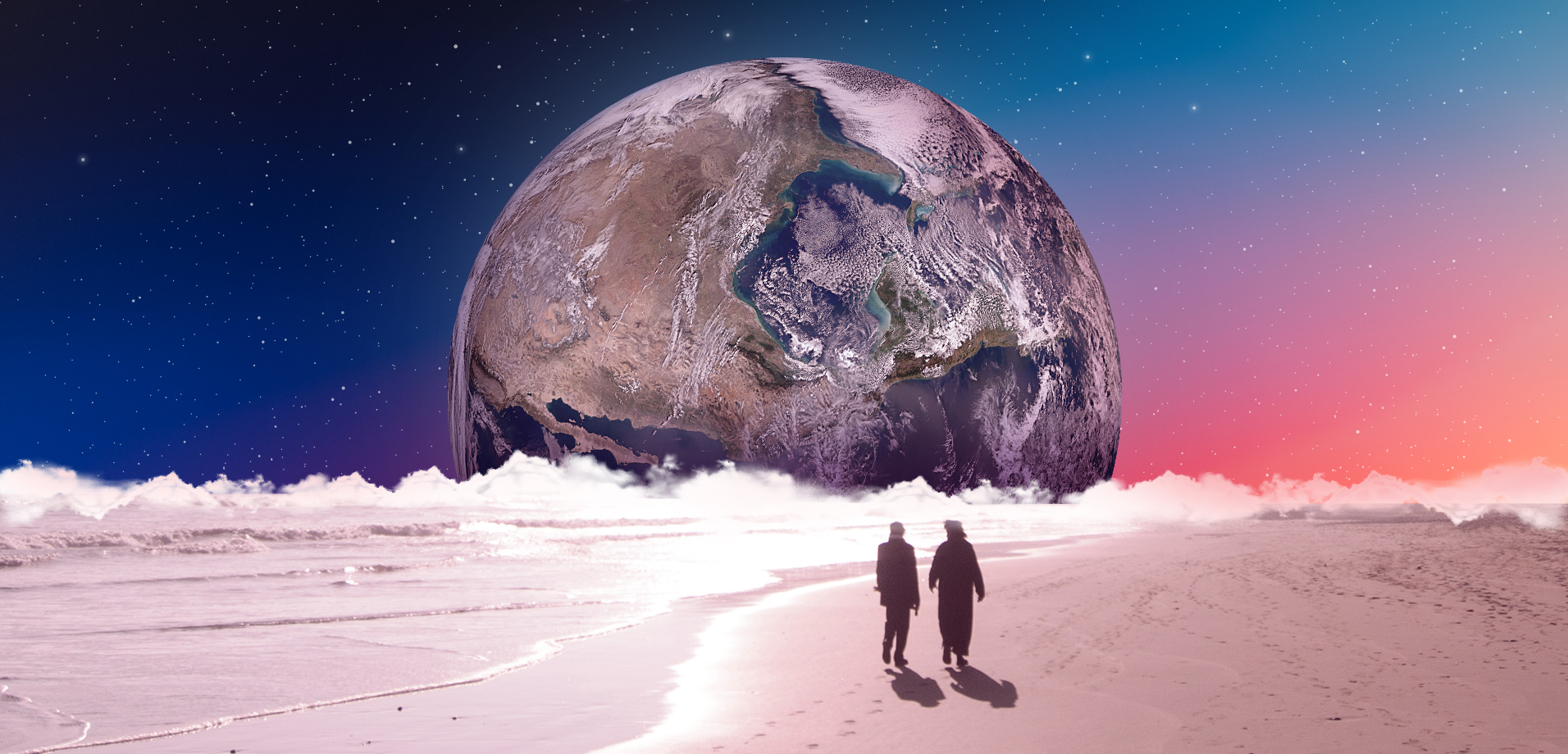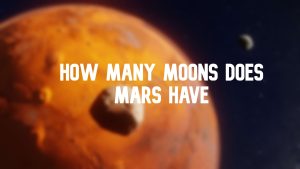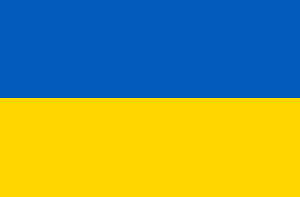Who named Earth: Mankind abode with a hundred names
29th Apr 2023
The Earth is our only home that we love and try to preserve, even if not always successfully. Scientists have uncovered the history and the origin of our planet, and its evolution, but what do we know about its name? Who named Earth, and in honour of whom? Was it God’s providence, or is the reality more prosaic?
In this article, we will tell you why Earth is called Earth, where did the word “Earth” come from, how it sounded in antiquity and how it sounds today in different languages.
What is the Earth’s name origin?
Earth comes from the Anglo-Saxon word “eorðe”, which once meant “soil” or “dry land.” It was first used in the 1400s. Over time, the word was transformed into “eorthe”, and then — into “erth”. Familiar to English speakers term “Earth” sprang into common use approximately in the 14th and 15th centuries. That is how Earth got its name, which we still use today.
By the way, European languages from the same language group have similar names for our planet. For example, Earth in German language is called Erde, in Dutch, it is Aardde, and among northerners, it is Jorden.
Is Earth named after a god?
To answer this question, we need some basic understanding of earth etymology. As we know, people named the planets of the solar system after the ancient Roman gods, but the Earth was deprived of such an honour. Why?
The thing is, our distant ancestors did not consider Earth a planet. Such a concept simply did not exist for a long time. If people discovered objects in the sky, they considered this a manifestation of a higher being’s will; therefore, they named celestial objects after the gods. Mars — the Red Planet — received the name of the god of war, who cannot be imagined without blood. Mercury — the most “frisky” planet, rotating faster than others around the Sun, owes its name to the lightning-fast messenger of Jupiter. But what is Earth named after?
Since ancient times, the life of people depended directly on the ground. They were born on it, grew crops, hunted, and were buried in it after death. The ancients did not separate the concept of soil and the celestial body because there was no such knowledge then, but they knew for sure that their well-being depended on the soil. And therefore, in many cultures, our land was associated with the goddess of fertility, the mother goddess, and was called Mother Earth.
And even after people found out that the Earth is a planet, they never came up with a separate title — our planet retained the same name as the land that produces the crop. It just got capitalized.
Did Earth have a name before Earth?
Yes. Ancient names for Earth are plentiful. For example, the Chinese called it Hou-Tu in honour of the deity personifying the lord of the Earth; in ancient Egyptian mythology, it was identified with the god Geb, and the Aztecs called it Tonantzin (“our mother”). Among Slavic people, the word comes from the root “zem,” meaning “low,” “bottom.” Perhaps, this was due to the fact that ancient people considered the Earth to be flat.
The old Greek word for Earth was “Pangaea”, derived from the ancient Greek words “pan” (πᾶν, “everything, all”) and “Gaia” (Γαῖα, “Mother Earth, earth”). In Sanskrit, it was called Mrityu-loka (“the abode of death”), in Old Irish “domun” — the world. Among the Scandinavians, it bore the name Jord in honour of the giantess Jord, who was the mother of Thor. And the Celts had a similar-sounding name – Ehte.
As you can see, there were many different names for Earth, but almost all of them had one thing in common — the worship of the Earth as a goddess of fertility or as a world, a territory where people lived.
What is the oldest name of Earth?
The Sumerian civilization is the oldest known to science (6th-5th millennium BC). The Sumerians called their country “Ki-en-gir”, which meant “the land of reliable masters” or “the land of the masters of civilization”. Kiab meant “end of the earth”, kisar — “underworld”. So, ki is one of the oldest known names for our Earth.
Why is Earth called Terra?
Terra is a Latin word derived from Proto-Indo-European ters- meaning “dry.” And now, we must again return to the gods.
In Roman mythology, Terra Mater or Tellus Mater (literally Mother Earth) was the goddess of fertility and agriculture. Grandmother of Jupiter, Juno and most other gods, mother of Saturn and other Titans, she was the wife of the sky god Caelus.
As in other cultures, Terra Mater was associated with the soil and the Earth underfoot. In Roman art, she was often depicted as a woman half buried in the ground and adorned with plants, animals, and a cornucopia, often with a collection of flowers and fruits in a basket.
With the development of geographical research, terra became a Western European moniker for all unknown or unexplored lands (terra incognita, terra nova). This is how the English word ‘terrestrial’ was derived, too.
Does everyone call Earth Earth nowadays?
Of course not. There are still many names for Earth in other languages. Some peoples have retained the old terms, while others use modern ones. For many, the name of the Earth has changed as its meaning expanded and changed. But in general, everything remains as before.
For example, Earth scientific name is Gaea, in honour of the ancient Greek goddess of the Earth. Why, you may ask? This is a kind of tribute to the ancient Greeks, thanks to whom we received the first scientific ideas about the world, the Earth, and other planets. Thanks to their knowledge, we managed to make many great discoveries later.
Earth in German remains unchanged — Erde. Among the Scandinavians, it is still called “Jorden,” among the Spaniards and the French — Terra (terre). In Ireland, it is called Domhan, in Hindi ─ “pṛthvī” and in Russia and the Slavic states – Zemlya or consonant with it. Today, Earth in Greek is pronounced as “Ge,” from which the prefix Geo was formed in English.
Conclusion
We do not know for sure who named Earth first. But we love it, cherish it, and try to make it better and safer, even if we call it differently. And we keep hoping that it will remain as beautiful and friendly towards us as it has always been.






Thank you for your comment! It will be visible on the site after moderation.